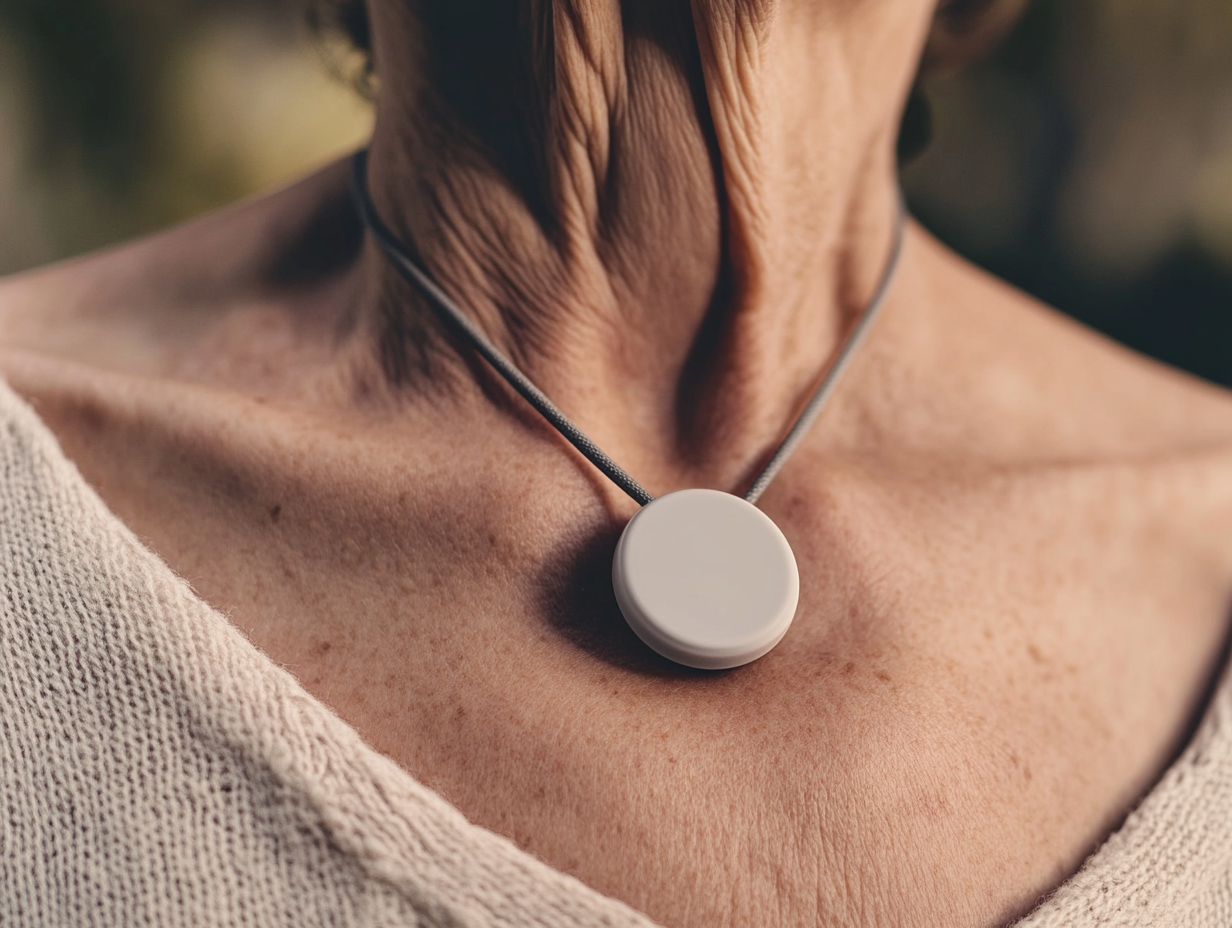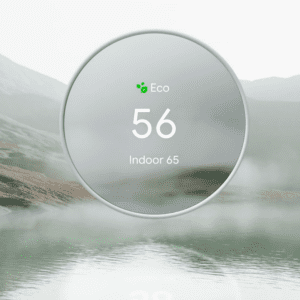As we age - or as our loved ones do - safety becomes a greater priority. For seniors living alone or managing conditions like dementia, an unexpected fall, medical episode, or moment of disorientation can quickly become serious.
That’s where emergency alert systems come in. These devices, often worn as pendants or watches, provide an instant way to call for help - day or night. Whether connected to emergency services, a caregiver, or a monitoring centre, they offer peace of mind and an added layer of safety for those living independently.
With so many options on the market, choosing the right system can feel overwhelming. Here’s what caregivers and seniors should know about emergency alerts - and how to pick a system that fits your lifestyle.
What Is an Emergency Alert System?
Emergency alert systems, also known as personal emergency response systems (PERS) or medical alert devices, allow seniors to quickly summon help with the press of a button. Most systems include:
- A wearable help button (pendant, wristband, or clip-on)
- A base unit or mobile connection to link to monitoring services
- Optional fall detection, GPS tracking, or caregiver alerts
These systems are designed to provide immediate support in moments when calling 111/911 isn't practical - or even possible.
Why Emergency Alerts Matter
According to the CDC, 1 in 4 adults aged 65+ falls each year. Falls are the leading cause of injury-related deaths among older adults. And many of these falls happen at home, while alone.
Emergency alert systems are especially valuable for:
- People with mobility issues
- Individuals with dementia or memory loss
- Seniors living alone
- Post-surgery recovery
- High fall risk individuals
These tools reduce the time it takes to get help, which can significantly improve recovery outcomes.
👉 Read the NYTimes/Wirecutter roundup of top systems
Top Features to Look For
Not all systems are created equal. According to U.S. News & World Report and PCMag, here are the most important features to consider:
✅ 1. 24/7 Monitoring
Many systems are connected to a professional monitoring center that responds to emergencies around the clock. When activated, the system connects the user to trained responders who assess the situation and contact caregivers or emergency services if needed.
✅ 2. Fall Detection
Some devices include sensors that can detect a fall and automatically trigger an alert, even if the person is unconscious or unable to press a button. This is especially important for those with balance issues or cognitive impairment.
👉 U.S. News: Best Systems with Fall Detection
✅ 3. Mobile GPS Tracking
For active seniors or those prone to wandering, GPS-enabled systems provide real-time location updates. Some devices offer "safe zone" alerts if a user exits a designated area.
👉 Check out our article on the Best GPS Trackers for Dementia
✅ 4. Two-Way Communication
Built-in speakers and microphones allow users to speak directly with responders, offering reassurance and faster support.
✅ 5. Water Resistance
Since many falls occur in bathrooms, look for a device that can be worn in the shower or bath.
👉 PCMag’s guide to alert system features
Comparing Wearable Options
Most systems offer flexibility with wearables, including:
- Pendants worn around the neck (discreet and accessible)
- Wristbands or watches (popular with active users)
- Clip-ons for clothing or belt loops
Some devices double as smartwatches with health tracking or daily reminders built in - ideal for users who want multifunctional support.
Where Elli Cares Fits In
While Elli Cares mobile app isn’t a traditional emergency alert system, it offers layered support that enhances senior safety:
- Safe Zones and GPS tracking to monitor wandering
- Safe Track alerts when phone usage patterns change, suggesting something might be wrong
- Scheduled reminders for meds, hydration, and appointments
- Care team coordination so loved ones stay informed
These features work alongside traditional emergency systems to provide comprehensive, compassionate care.
👉 Learn more at www.elliapp.co
Choosing the Right System
When choosing an emergency alert system, consider:
- Your loved one’s lifestyle: Are they active or homebound? Do they live alone?
- Health conditions: Is fall detection or location tracking essential?
- Budget: Subscription costs vary. Some systems offer monthly, yearly, or no-contract options.
- Ease of use: The simpler, the better - especially for individuals with cognitive impairment.
Don’t forget to test the device regularly and involve your loved one in choosing it. The right system should feel empowering, not intrusive.








